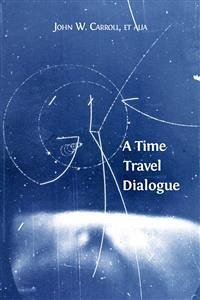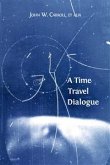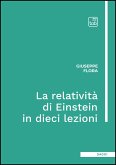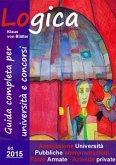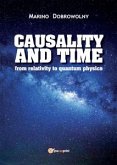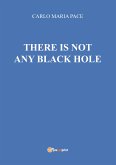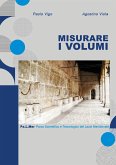Is time travel just a confusing plot device deployed by science fiction authors and Hollywood filmmakers to amaze and amuse? Or might empirical data prompt a scientific hypothesis of time travel? Structured on a fascinating dialogue involving a distinguished physicist, Dr. Rufus, a physics graduate student and a computer scientist this book probes an experimentally supported hypothesis of backwards time travel – and in so doing addresses key metaphysical issues, such as causation, identity over time and free will. The setting is the Jefferson National Laboratory during a period of five days in 2010. Dr. Rufus’s experimental search for the psi-lepton and the resulting intractable data spurs the discussion on time travel. She and her two colleagues are pushed by their observations to address the grandfather paradox and other puzzles about backwards causation, with attention also given to causal loops, multi-dimensional time, and the prospect that only the present exists. Sensible solutions to the main puzzles emerge, ultimately advancing the case for time travel really being possible. A Time Travel Dialogue addresses the possibility of time travel, approaching familiar paradoxes in a rigorous, engaging, and fun manner. It follows in the long philosophical tradition of using dialogue to present philosophical ideas and arguments, but is ground breaking in its use of the dialogue format to introduce readers to the metaphysics of time travel, and is also distinctive in its use of lab results to drive philosophical analysis. The discussion of data that might decide whether time is one-dimensional (one timeline) or multi-dimensional (branching time) is especially novel.
Bitte wählen Sie Ihr Anliegen aus.
Rechnungen
Retourenschein anfordern
Bestellstatus
Storno

